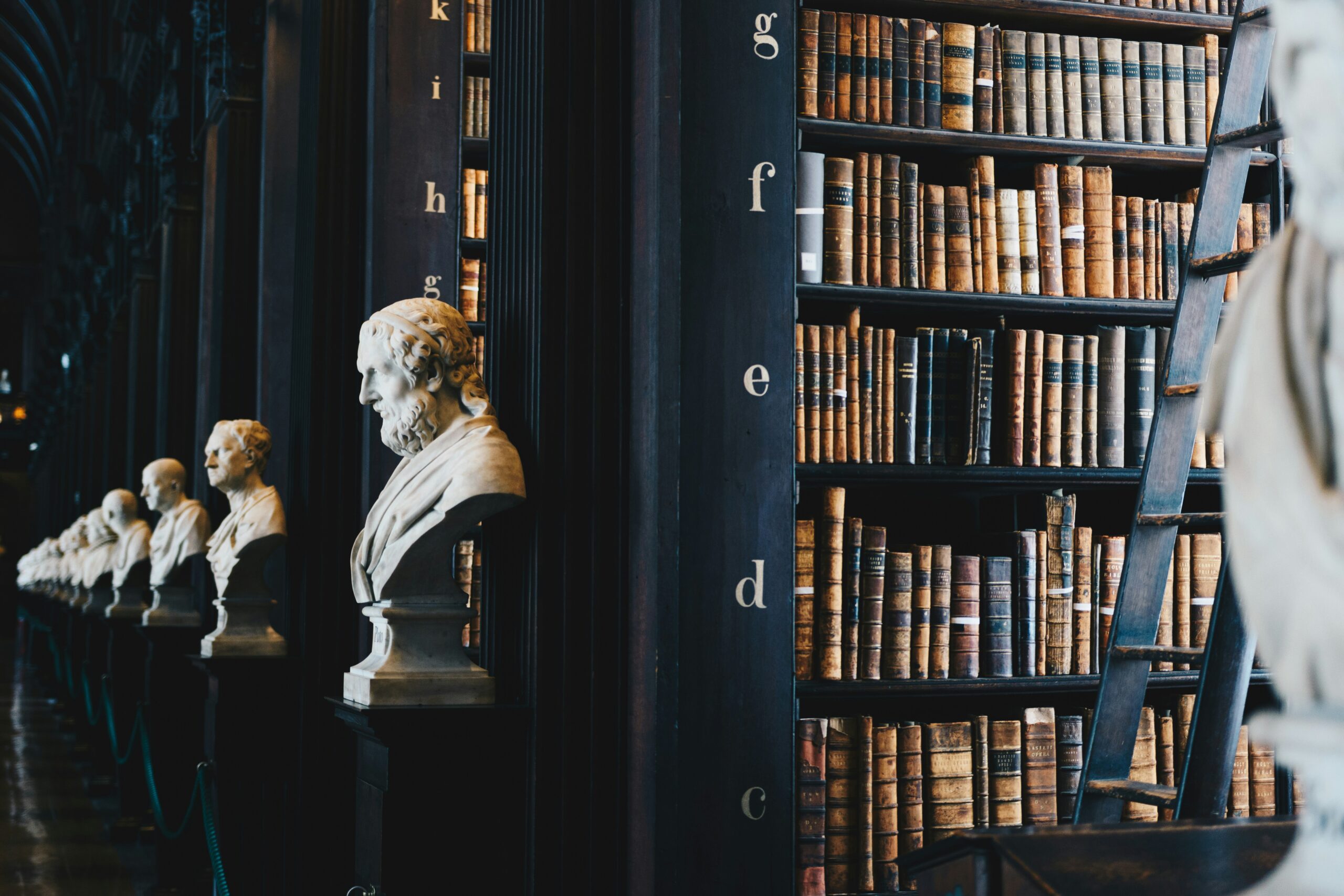One of the most important things I have learned about travel over the years is that the more you know about the history of the place you will tour the more you will want to see, and the more you will enjoy what you see. Preparing a reading list has become an integral part of our travel devotional tours, and that is true of our Greek Island tour as well.
St. Augustine said, “The world is a book, and those who do not travel only read a page.” I would add, “Those who read literal pages in books about the metaphoric pages of the world they are preparing to read will enjoy the metaphoric pages more than they would otherwise.” Or perhaps better, “The more books one reads, the more one will enjoy the page they read.”
So, in no particular order, here is the reading list.

Thomas F. Madden’s Venice: A New History offers a sweeping narrative of Venice from its early lagoon origins through its centuries as a maritime power to its modern day tourist attraction.
Madden makes complex political and economic history understandable, vividly describing Venice’s rise through innovative government, its entrepreneurial spirit, and its ties with Byzantium.
Venice will be our first and longest stop, and this book has provided a healthy list of potential sites to visit as we look to mine the Christian history out of this ancient city.

Lee Fratantuono’s book, Diocletian and the Military Restoration of Rome, is an informative narrative of the life of the only Roman emperor who ever retired–the rest were either murdered or died of natural causes. In fact, so many Roman emperors were killed in coups one could argue coups were a natural cause of death.
Relevant to our purposes on this tour, Diocletian was the Roman emperor behind the Great Persecution (303 A.D. – 311 A.D.), considered by many the most severe of the Roman Empire’s persecutions of Christians. One of our destinations on this tour is Split, Croatia, where the remnants of Diocletian’s palace still stand.
While I wish Fratantuono had spent more time on the Great Persecution (there is only one chapter devoted to the subject), the book sill provides interesting backstory on how the Great Persecution came about, and I may address that here after our stop in Split.

Light from the Christian East, by James R. Payton, Jr., a protestant theologian and historian, is a clearly written introduction to Eastern Orthodox Christianity.
Payton presents the Protestant and Catholic beliefs about the major doctrines side-by-side with Eastern Orthodox views and describes those views in a way easily understood by the non-theologian.
As I mentioned in the tour announcement, all our destinations were part of the Byzantine Empire at one time or another, and the Byzantines were Eastern Orthodox Christians. Culture is religion writ large, and all the places we will visit were influenced by the Byzantine culture.

John R. Macduff’s, St. Paul in Athens: The City and the Discourse, made the book list for two reasons. First, it’s topic is on point with our focus in Athens. Second, it is a book written in 1887 that is still being published. Time is one of the best judges of books, which is why I generally prefer reading ancient books to modern ones.
MacDuff was a Scottish preacher and prolific devotional writer. St. Paul in Athens examines Paul’s sermon in Acts 17, providing the culture and context so the modern reader can appreciate the content and structure of Paul’s most famous preach.
I’ve just started reading this one but already found this jewel, citing first century writer Petronious’ comments on Athens: “It was in Athens, easier to find a God than a man.” I plan to have this book finished before we set foot on Mars Hill.

Sacred Plunder: Venice and the Aftermath of the Fourth Crusade, by David M. Perry, examines the Fourth Crusade’s 1204 A.D. sack of Constantinople by tracing how the relics taken from Constantinople by the Venetians shaped how the memory of this crusade in the West. If you know anything about the GSB team, you know we are partial to relics.
I expect the Fourth Crusade to be a topic on this tour. The goal of the Fourth Crusade was the recapture of Jerusalem from the Muslims. Instead of recapturing Jerusalem, the Latin and Venetian crusaders sacked Constantinople–the capital of Christendom.
The story behind how this crusade got so off mission is complicated, and how the Venetians dealt with its collective conscience in the aftermath is an interesting study, and I’m hoping this book will provide some insight on that and on some of the pieces of Byzantium we can see in Venice.
As is almost alway the case, reading history leads one back to the original ancient sources. Frantantuono’s book on Diocletian led me to the works of Lucius Lactantius, an early 4th century Christian writer, whose complete works I have now downloaded to my Kindle app. Those works include, De Mortibus Persecutorum (“On the Deaths of the Persecutors”), which tracks the sometimes gruesome demise of the Roman leaders responsible for persecution of the Christians, which Lactantius suggests was divine judgment.
More importantly, these books will almost certainly enrich our experience as we mine the Christianity out of the destinations on our tour and learn from the example of those who have advanced the kingdom of God in the past and changed the world. GS


